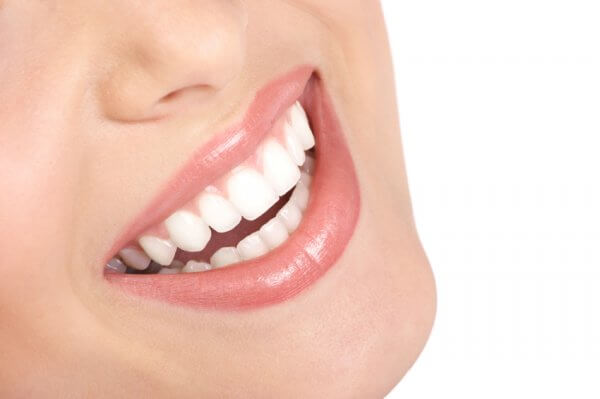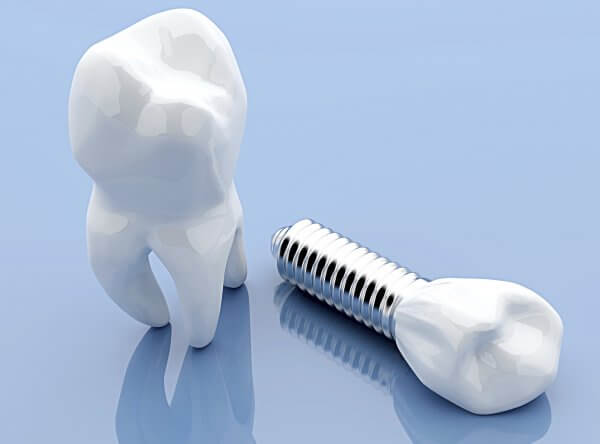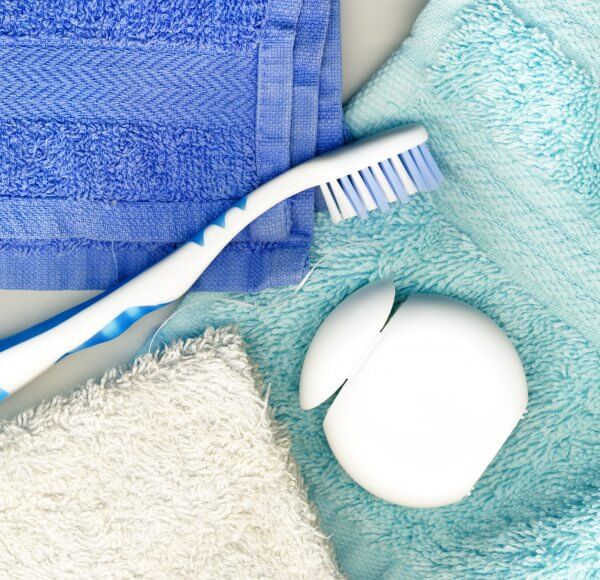What is sleep apnoea?
Sleep apnoea is a condition which results in short episodes of a drop in oxygen levels in the blood stream and to vital organs. These episodes can result in ‘mini arousals’ which enable a person to inhale oxygen, thus bringing them out of an episode of apnoea. Hypopnoea (drop in oxygen levels) and apnoea (lack of oxygen) may be as a result of central apnoea or obstructive sleep apnoea. According to the Mayo Clinic, ‘Central sleep apnoea is a disorder in which your breathing repeatedly stops and starts during sleep. Central sleep apnoea occurs because your brain doesn’t send proper signals to the muscles that control your breathing. This condition is different from obstructive sleep apnoea, in which you can’t breathe normally because of upper airway obstruction. Central sleep apnoea is less common than obstructive sleep apnoea.’ https://www.mayoclinic.org/
‘Obstructive Sleep Apnoea (OSA) is a sleep-related breathing disorder found in up to 4% of middle-aged men and women. OSA is typically characterised by period of upper airway collapse lasting at least 10 seconds during sleep.’ https://woolcock.org.au/sleep-apnea-research
The disorder may vary in severity and is often associated with other physiological problems. These problems include:
- altered mood and behaviour (depression, lethargy, cognitive and memory impairment, poor concentration, irritability, anxiety)
- morning headaches
- dry or sore throat on waking
- decreased libido
- choking or gasping during sleep
- gastric reflux
- systemic and pulmonary hypertension
- congestive heart failure and sleep-related arrhythmias among many others
How can dentistry assist with sleep apnoea?
Dental intervention can form part of the treatment plan for people with OSA through the provision of a customised dental appliance known as a Mandibular Advancement Splint (MAS). There are many different types of Mandibular Advancement Splints with varying designs, depending on the needs of a person.
These devices, are similar to mouthguards and fit compactly on your teeth. They work by gently positioning your jaw forwards thereby bringing the tongue forwards and opening up the back of your throat and airway. This enables more efficient breathing and reduces airway obstruction.
Our program involves a sleep test, a diagnostic report provided by a specialist sleep physician and interpretation and discussion of findings with Dr DeLillo. Treatment options are then discussed and any other investigations of the upper airway will be followed up using our team of multidisciplinary specialists.
What are the benefits of Mandibular Advancement Splints?
Mandibular Advancement Splints offer a number of important benefits to people with OSA. They are:
- safe to use whilst sleeping
- effective in reducing obstructive sleep apnoea
- custom fitted for optimal comfort
- easily adjusted over time
- non-invasive
- an alternative to using a CPAP machine in mild to moderate sleep apnoea
Mandibular Advancement Splints are most commonly recommended for people with mild to moderate OSA. Dr DeLillo, often in consultation with a sleep physician, will confirm your suitability for a Mandibular Advancement Splint.




